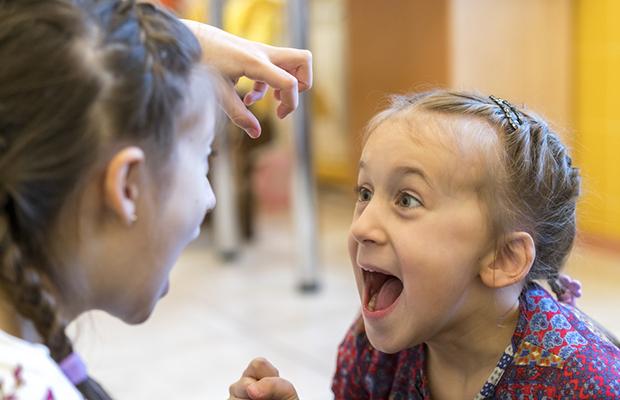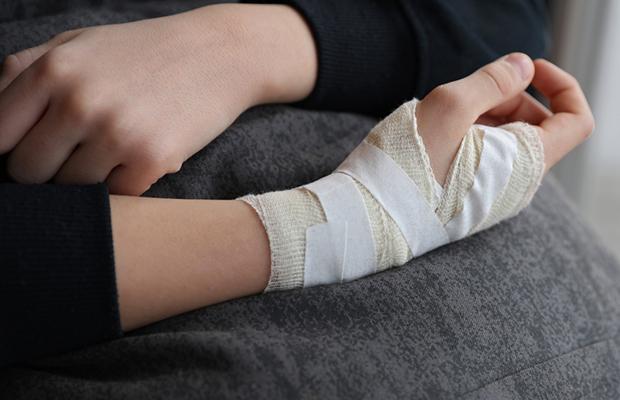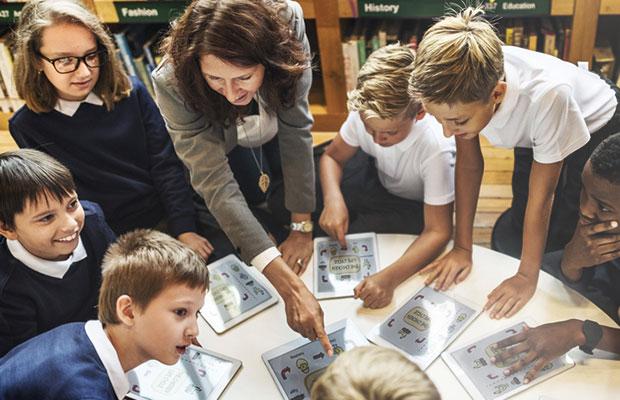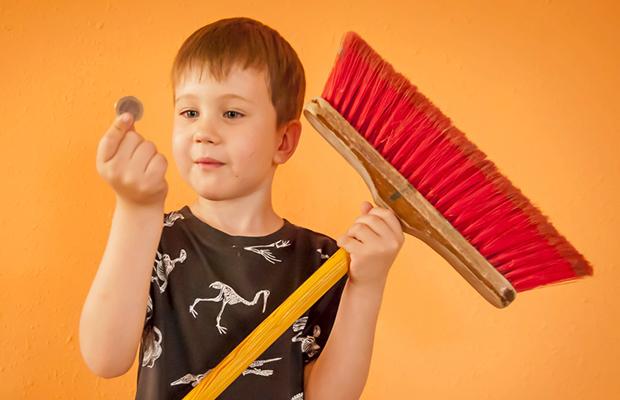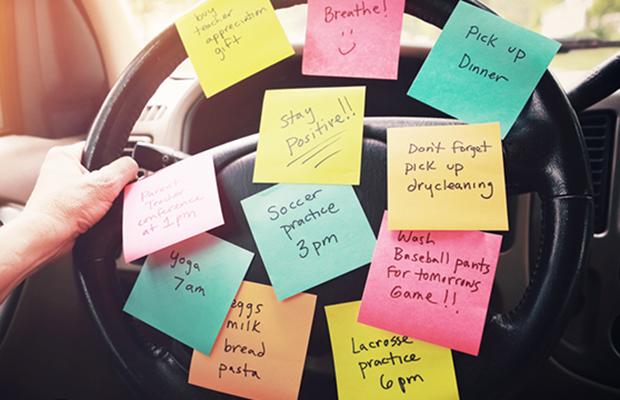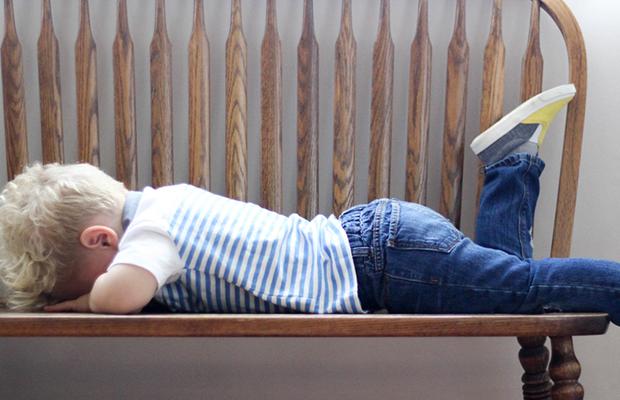Good Mom or Bad Mom?
In my 30th year, I became a mother for the first time. All I really had to go on was how I was raised by my mother and observing friends who took the plunge before me. There were facets of my own child rearing that I wanted to share with my children, but my way of doing things seemed so far off from my own mother's style of parenting. Of course, there are always things we want to change when we raise our own children versus how we were raised, but what really threw me was how deeply different I was from my mom in what came naturally to me in my own mothering style. I began to question whether I was a good mom or not. Was it just the difference in era or was it something more deeply inherent? My mother took her role as mother seriously, focusing on her deep sense of responsibility to the home and our basic care. The house was always clean, meals were well balanced and on time, and our day to day schedules were well planned and structured. We knew she loved us but it wasn't a cuddly, snuggly, "tell-you-everyday," kind of love. When my own style of mothering seemed to veer off the more traditional path, I questioned whether I was doing a good job. Although order and structure are important to me, relationships are more so. Needless to say, my own personality gushes with "I-love-you(s)," and includes making time for personal connections and choosing heart-to-heart conversations over preparing that perfect meal. Although sticking to a timeline is still important to me, quality time with the kids takes precedence. Arranging playgroups for the kids and gathering with my friends is higher on my list than checking whether or not the house is clean. Understanding that my style of mothering isn't wrong, just different from my mom's, gave me confidence in knowing that we need to be ourselves, in mothering and in all parts of life.



_thumb.png)













